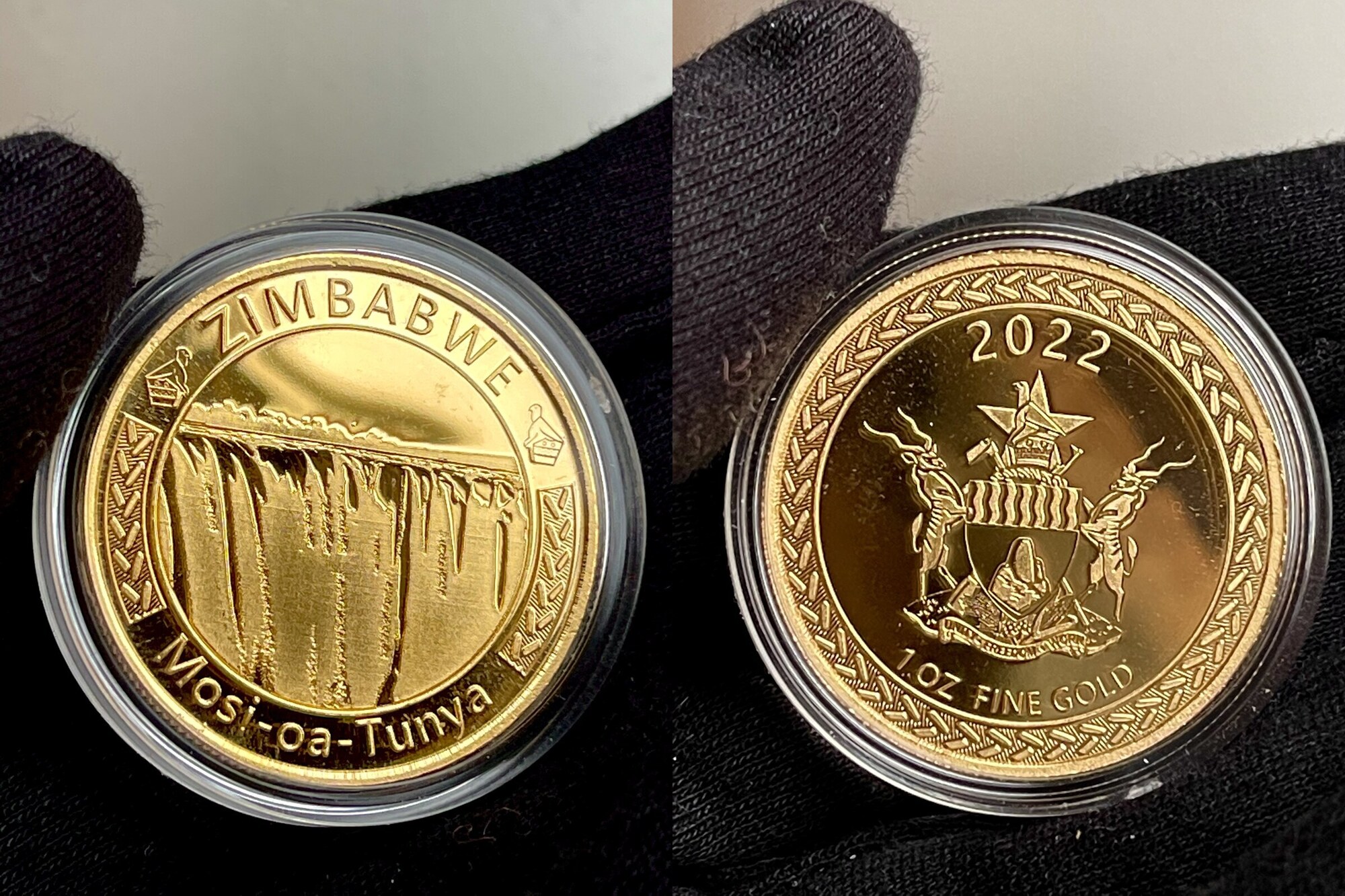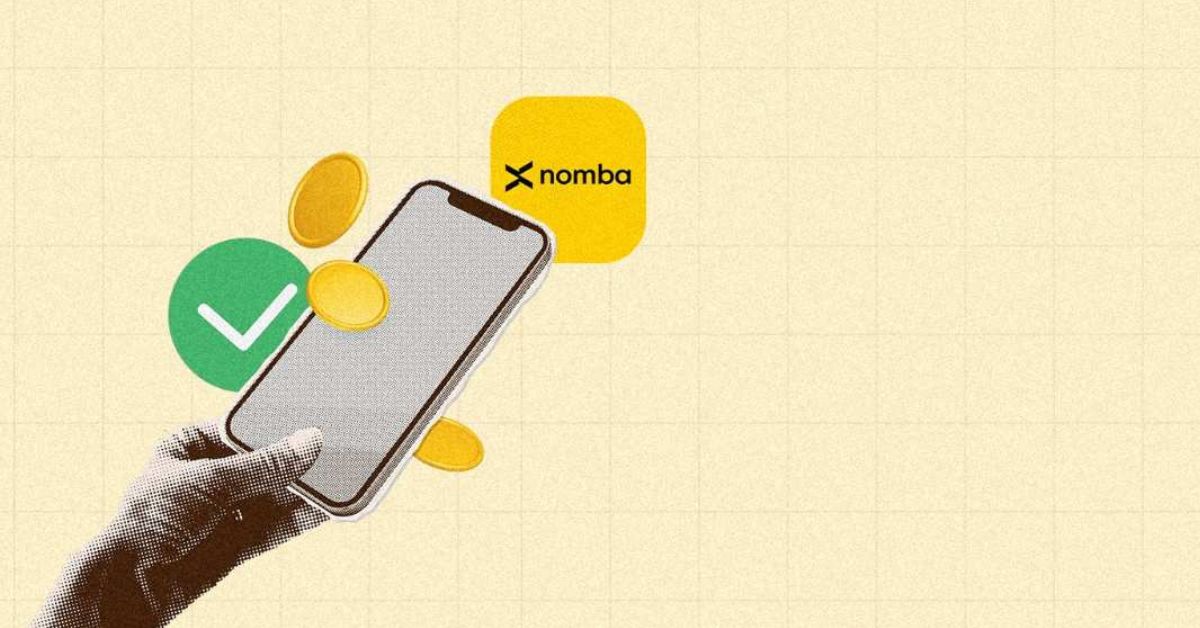Southern African country Zimbabwe has backed its new digital money with 140kgs of gold as part of efforts to support the currency. This is despite the IMF’s warning that the policy may lead to the depletion of reserves.
Zimbabwe is using 140 kilograms of gold from its reserves to solidify the foundation of its inaugural digital currency sale. Per Bloomberg, the central bank revealed that they received 135 applications worth 14 billion Zimbabwe dollars ($12 million) for the purchase of their gold-backed digital tokens. The country has also announced that there will be a second auction on May 18, 2023.
In the midst of sky-high inflation, the Zimbabwean dollar is facing a tough time, reportedly losing over 40% of its value against the US dollar this year. As the local currency takes a nosedive, there has been a surge in demand for the American dollar. The country’s finance minister, Mthuli Ncube, stated that a significant portion of domestic transactions is now conducted in foreign currency, highlighting the preference for stability.
In a bid to facilitate local transactions, the government has even introduced gold coins alongside these digital tokens. It’s an interesting approach, but the International Monetary Fund (IMF) has expressed concerns about the potential depletion of the country’s gold reserves.
The country is also exploring other measures to stabilise its economy. It has kicked things off by scrapping the need for import licenses, allowing goods to flow into the country without any import duties or taxes. Also, the Reserve Bank of Zimbabwe is considering cranking up the interest rates on short-term loans, even though their benchmark rate is already a staggering 140%, earning them the title of the country with the highest in the world.



















